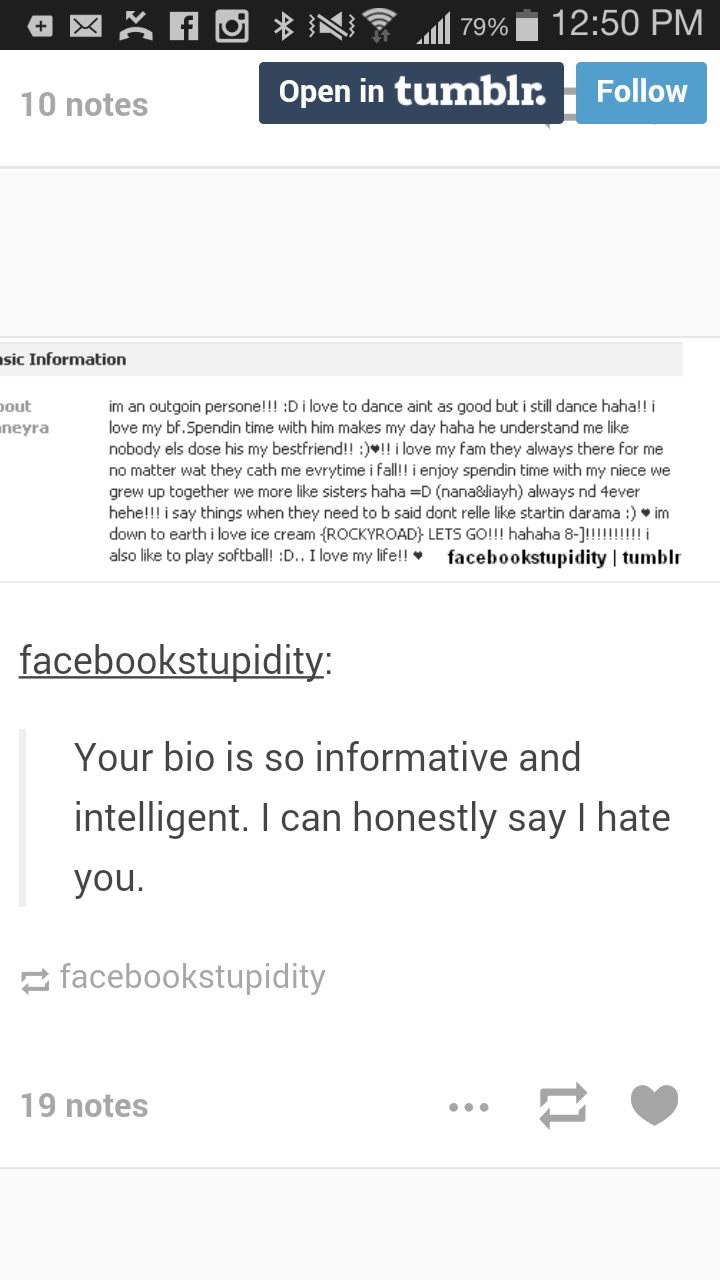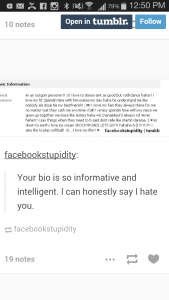
Another Literacy Narrative
Although the assignment recommended that we interview an older or younger person, I decided to ignore this suggestion and interview my husband, Ben. I did this because in addition to the fact that he is my favorite person, Ben has actually had a kind of weird and super interesting life. Even though he and I are the same age (25) and grew up in the same hometown, our lifelong literacy experiences are almost totally opposite of one another.
One of the areas in which Ben’s experiences were the most different from many other people our age was in the area of computer literacy. His dad, a Vietnam veteran who battled PTSD, OCD and other mental and emotional difficulties, had some strong opinions about computers which created a unique experience for Ben and his siblings. When I asked him what sort of value his parents placed on computer literacy, he snorted:
“Ha…Yeah. Computers were definitely discouraged by my dad. I remember there was a program through the charter school and they gave our family a free computer for our house. I think they gave it to us so we could use it for research and homework and stuff, but my dad wouldn’t let us get internet, so it turned out there wasn’t a lot we could do with it.”
When I asked why his dad wouldn’t let them get internet, Ben hesitated before answering: “Because computers were…I don’t remember, but it was something totally crazy, like they were the Mark of the Beast or something. For real! It was like the internet was Skynet from The Terminator movies. He thought we were going to become dependent on them or…something about the government spying on us through the computers and knowing where we were and stuff. So we were really only able to use Word and stuff on our computer at home. I’d never had internet before, so at first I didn’t really know the difference. But it was kind of a bummer that we really never used the computer to its full capacity.”
I asked Ben how this lack of internet affected him in school. He recalled that once he got to high school, he and his sisters “had to walk 3 miles down Greenhorn Road [a narrow, windy mountain road with no sidewalk or bike lane] to our neighbor’s house to use a computer for school assignments. It was really a pain. I was pretty mad at our dad that he would let us walk that far but wouldn’t just let us get internet.”
When Ben was a junior in high school, his parents divorced, and he and two of his sisters temporarily went to live with a family friend named Pam. It was there, at age 16, that Ben finally had the internet at his disposal. “It was so awesome to just be able to do homework in my room”, he told me. “We actually had our own computer and dial-up line just for the kids. I learned how to use instant messenger and MySpace, and because of that I started writing more. I remember specifically that that was the first time I really learned how to type, because I was using IM to talk to my friends. It made me learn to type a lot faster.”




 Website:
Website: